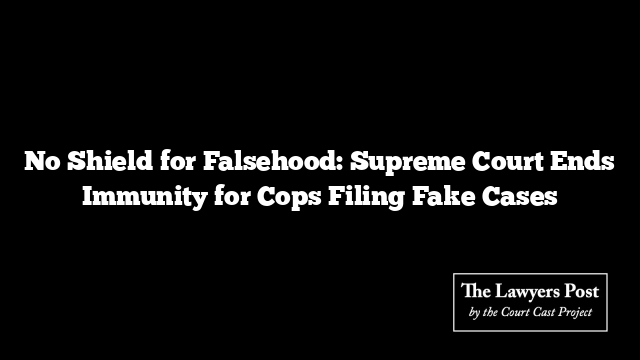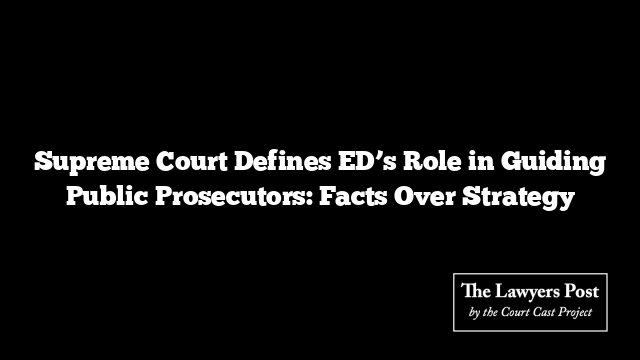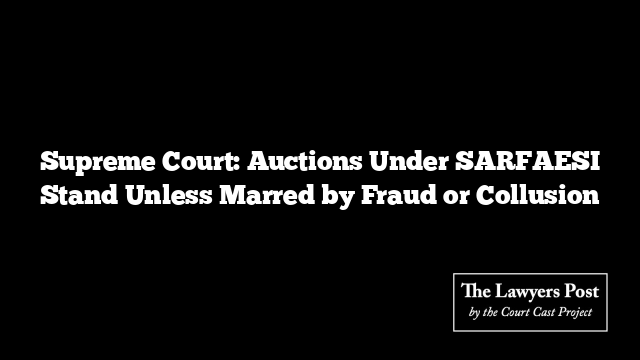The Supreme Court has unequivocally ruled that police officials who fabricate evidence or lodge false cases cannot claim immunity from prosecution under the pretense of performing official duties. The judgment dismantles attempts to misuse Section 197 of the Code of Criminal Procedure (CrPC), which provides conditional protection to public servants acting within the bounds of their roles.
In a case involving Madhya Pradesh police officials accused of fabricating a case to protect a murder suspect, the Court declared that acts such as creating false documents, coercing statements, or threatening individuals fall outside the realm of lawful official duty. “No rational nexus exists between the discharge of public duties and the lodging of bogus cases,” emphasized a Bench comprising Justices JB Pardiwala and Manoj Misra.
The controversy arose from a 2007 incident in Uttar Pradesh where a teacher, Suman Prakash Yadav, was allegedly murdered. On the same day, Madhya Pradesh police arrested Ashok Dixit under the Excise Act for allegedly carrying illegal liquor—a case later exposed as a fabricated alibi. The plot was linked to Dixit’s connection with a police officer in MP.
While a trial court convicted 12 individuals of murder in 2012, the prosecution of the implicated police officials stalled after the Allahabad High Court quashed the proceedings, citing a lack of government sanction under Section 197 CrPC. The victim’s brother challenged this decision in the Supreme Court, prompting a detailed examination of the scope of immunity granted to public servants.
The Court found no justification for extending the protective cover of Section 197 CrPC to officials engaging in illegal activities like fabricating evidence. “Shielding such acts under the guise of official duty would allow public servants to exploit their authority as a façade for unlawful conduct,” the judgment noted.
While allowing the trial court to proceed, the Supreme Court directed it to weigh evidence impartially and determine whether the Excise Act case was indeed a falsehood. If evidence later suggests the actions were within the ambit of official duty, the trial may be paused for reconsideration.
The apex court emphasized that trials in such cases should not be unnecessarily delayed, urging the Firozabad court to conclude proceedings within a year. This ruling delivers a stern message against the misuse of power, reinforcing that official immunity cannot be a cloak for injustice.





